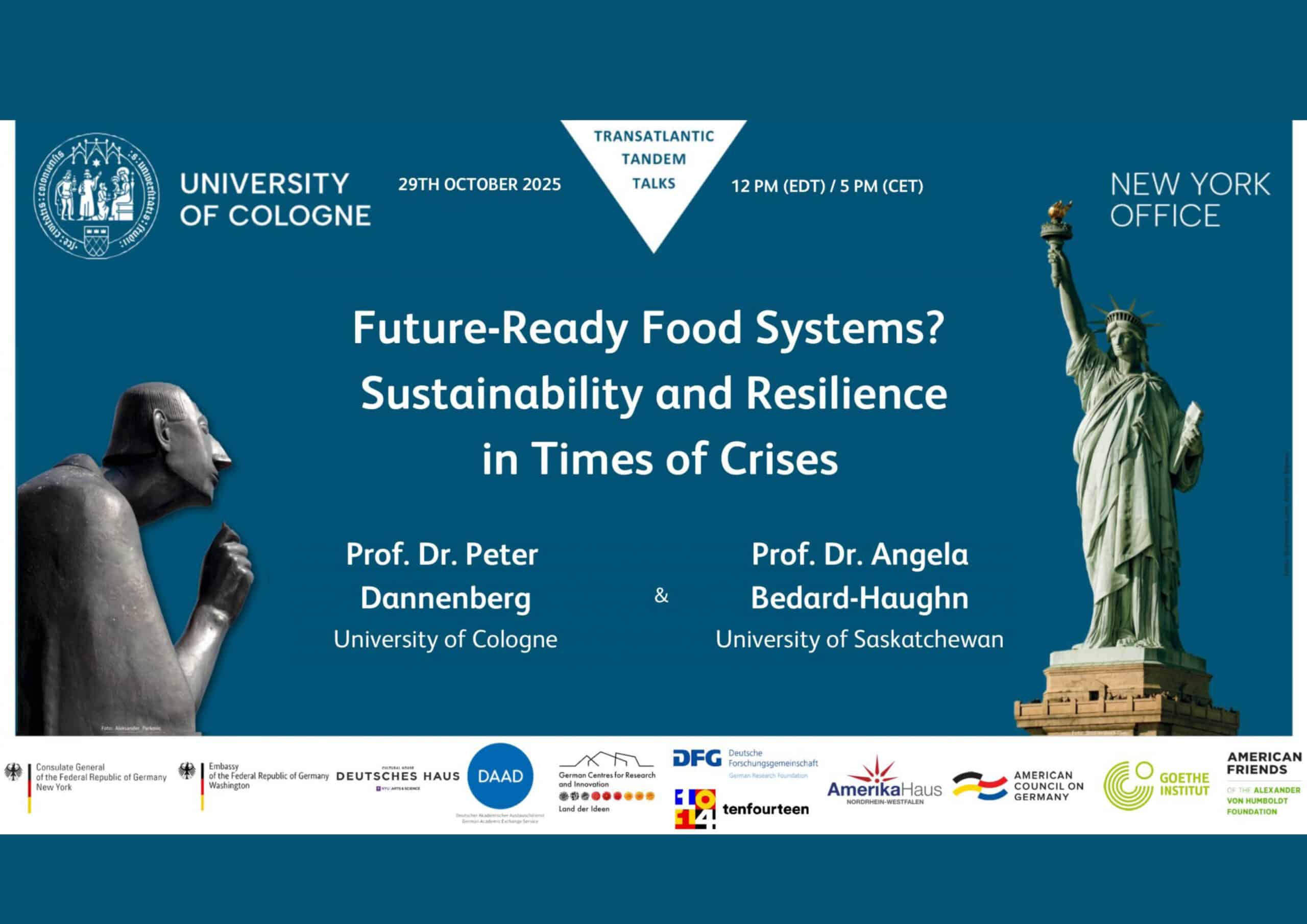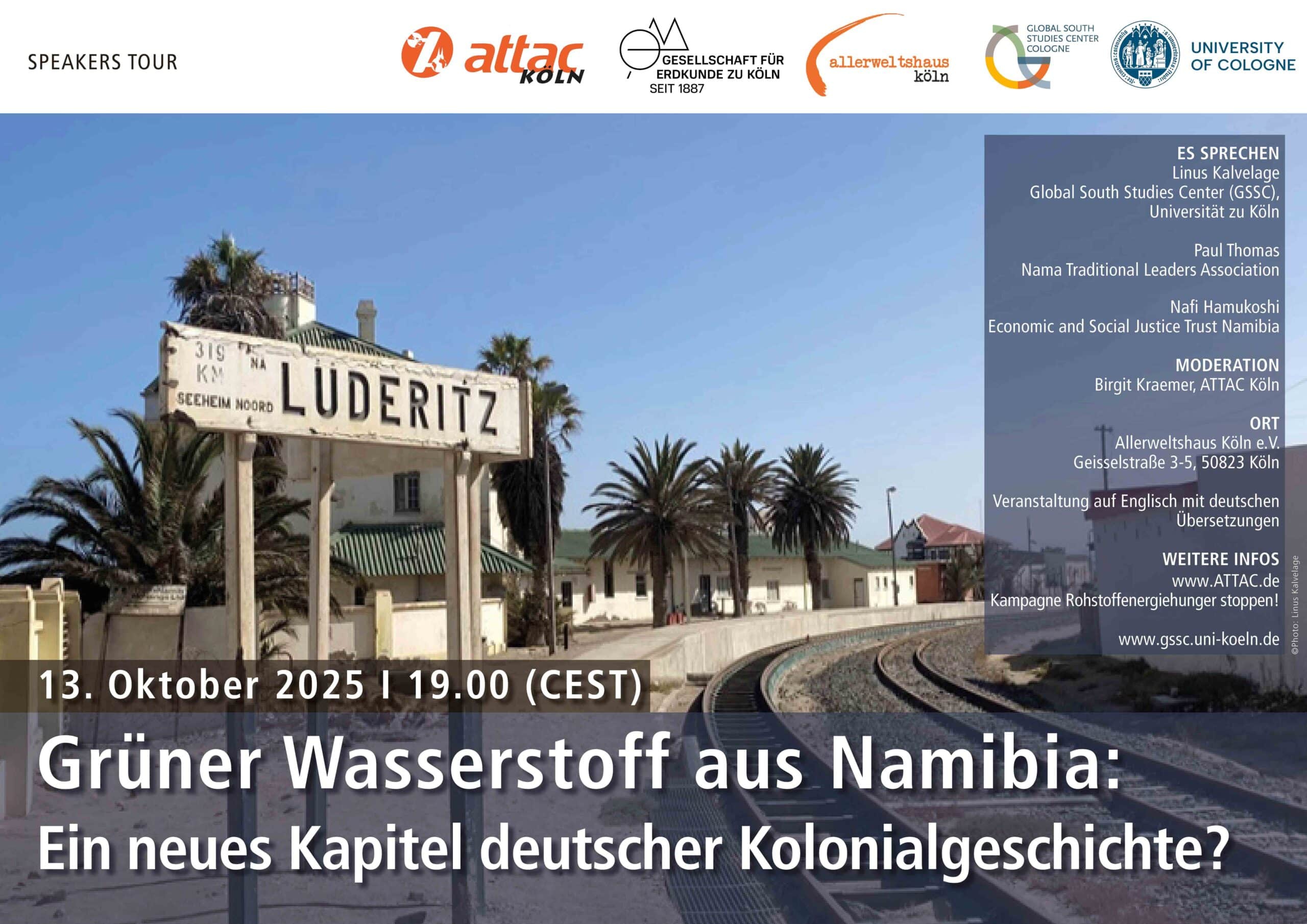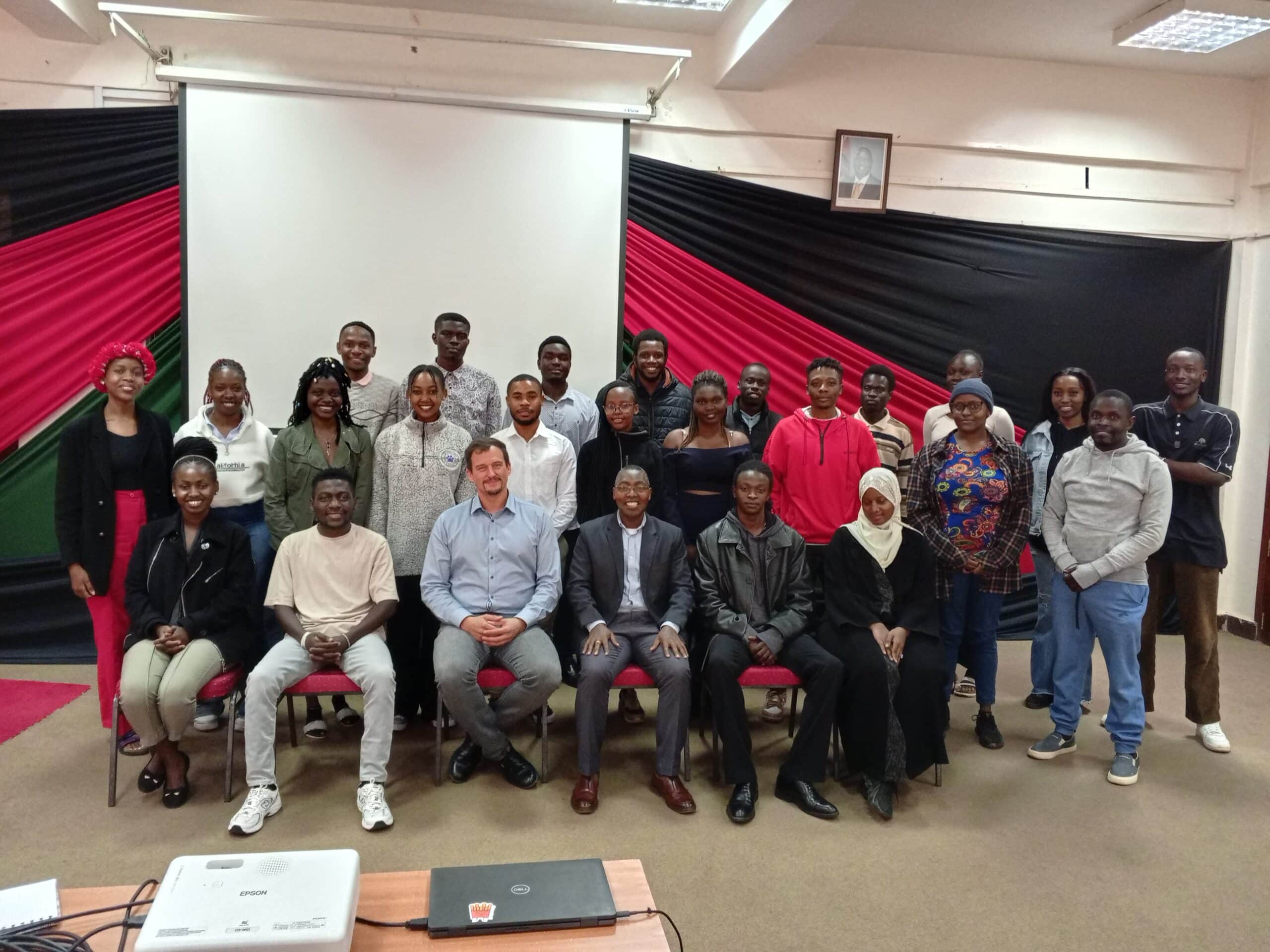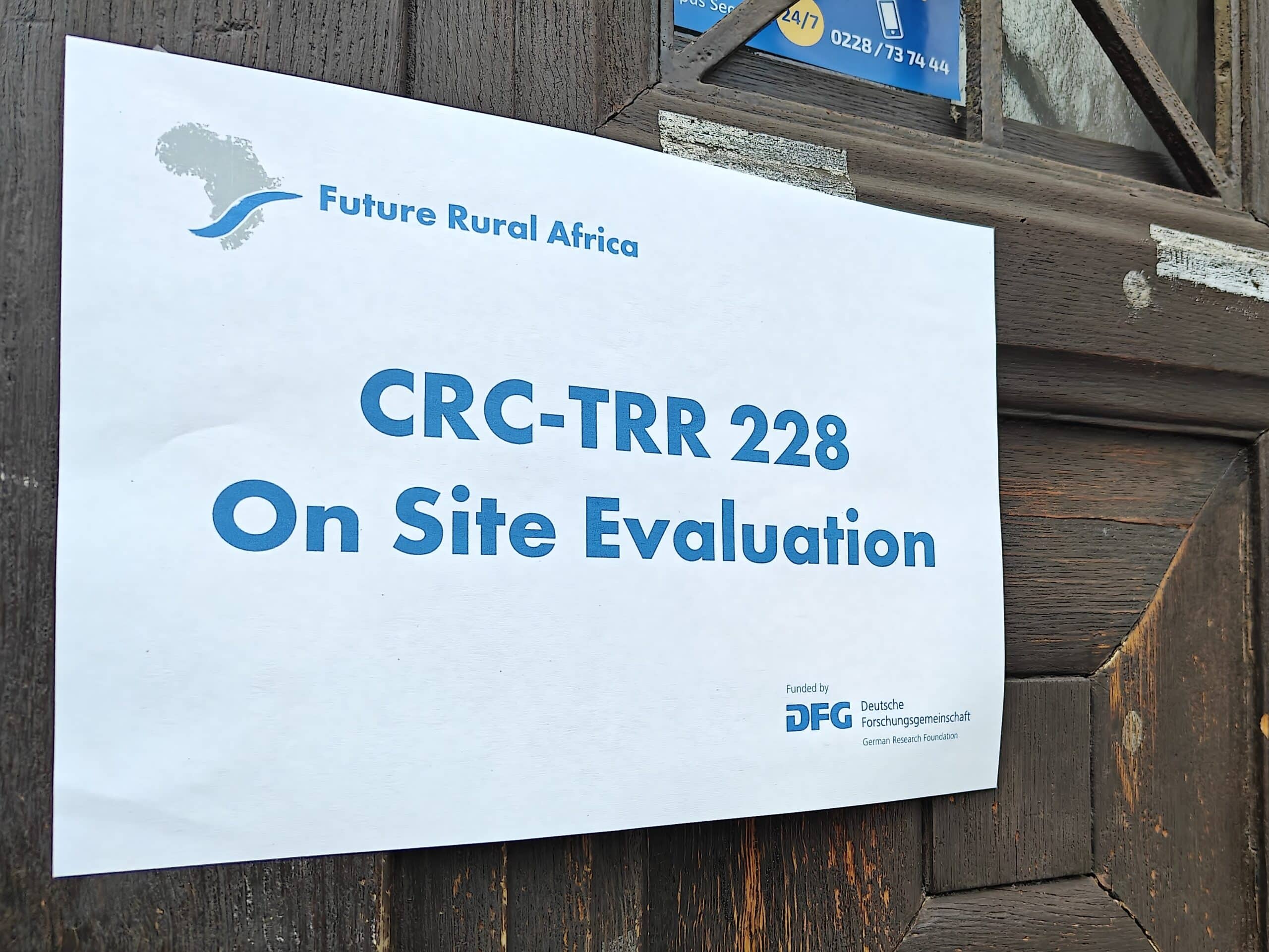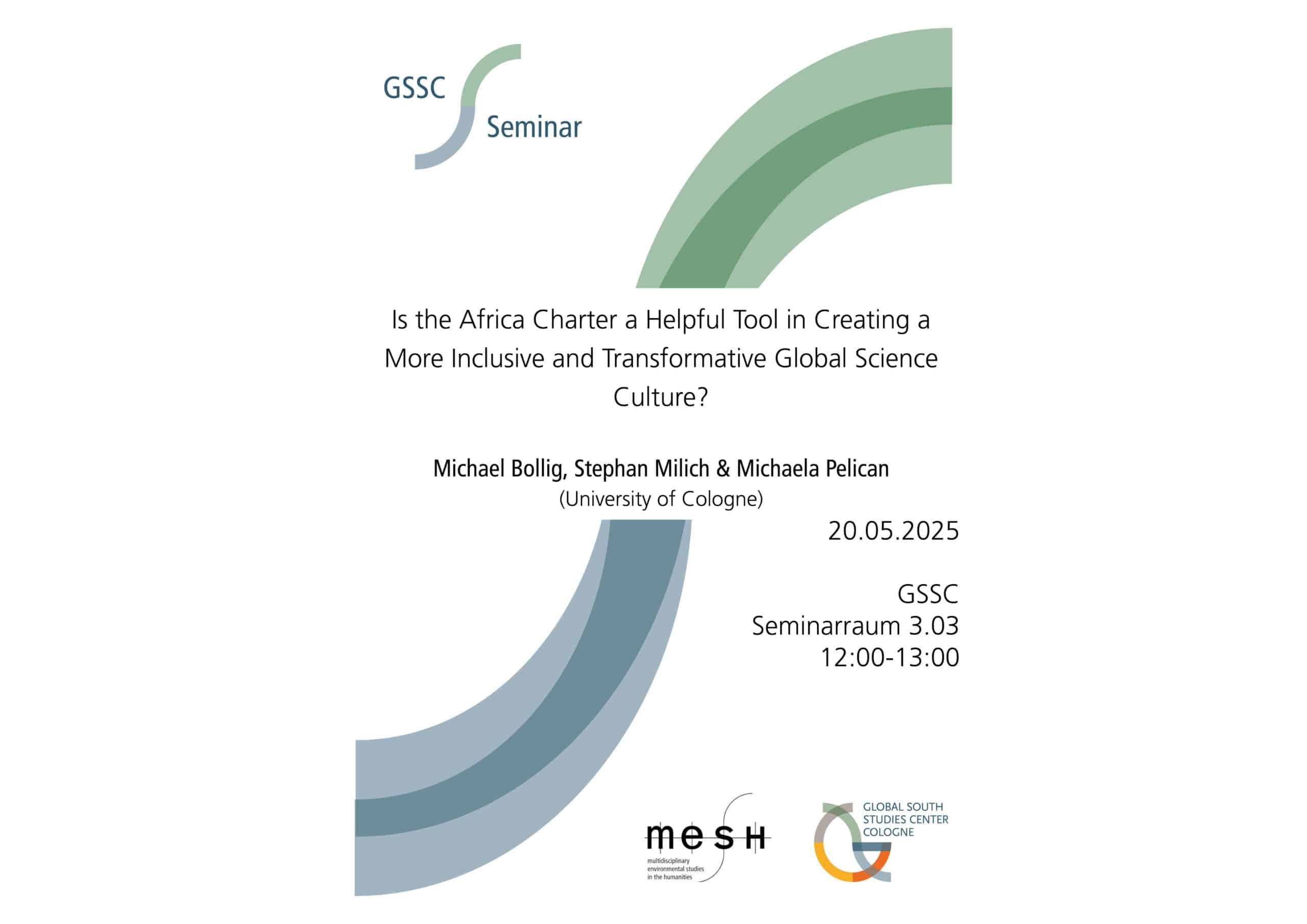Tue | NOV 29, 2022 | 14:00 – 18:45 CET
On 29 November 2022 the “Bonn International Centre for Conflict Studies” (BICC) will hold its Annual Conference entitled “Infrastructural power at global frontiers: Prospects for conflict and peace”.
For programme and registration form click here.
How are we to understand conflicts around infrastructural mega-developments in global frontier spaces? Can infrastructures forge peace? Large infrastructure corridors integrate ports, roads and railways with agricultural lands, energy systems and tourism spaces in remote areas. Infrastructural mega-plans like the Chinese Belt and Road Initiative are globally discussed, yet their local imprint is often overlooked, and local populations tend to be rendered invisible. Planners project frontier spaces as “empty”. Brochures of prospectors and investors do not mention the contestations connected to the implementation of such schemes. Grand projects stir high hopes and deep-seated fears among the residents in the infrastructure corridors.
On the one hand, entire communities may hope for social betterment—formal employment and service contracts, local value addition and ready markets for local products. Indeed, these projects arguably harness the potential to facilitate local development and peace. In some cases, local agents may well succeed in affecting positive changes in the planning processes.
On the other hand, local livelihoods may be threatened. Pastoralists, hunter-gatherers and fisherfolk may lose grazing, hunting and fishing grounds; small-scale farmers their access to arable land without receiving adequate compensation for losses. Social dislocations, exclusions, and dispossessions from land lead some to stress colonial continuities. Legal frameworks to be applied may be inadequate, contradictory or circumvented. In addition, prospects of large-scale development in historically marginalised areas may stimulate demands for political recognition. Infrastructure schemes may come with multiple forms of violence, from discursive, psychological violence to organised violence in the form of security operators, and they may meet with armed violence in areas that have been fraught with conflict in the past.
The BICC Annual Conference 2022 gathers experts from the social sciences and practitioners from development, environment and peace organisations to focus on different types of large-scale infrastructural projects in various frontier spaces around the world. This includes, for example, the China–Pakistan Economic Corridor (CPEC) and the Lamu Port–South Sudan–Ethiopia Transport Corridor (LAPSSET) in East Africa.
The Conference presents and compares findings from different cases to discuss the factors that render infrastructural mega-projects either drivers of violence and conflicts or facilitators of peace.


